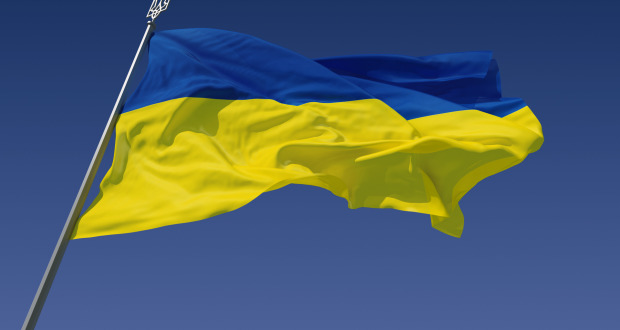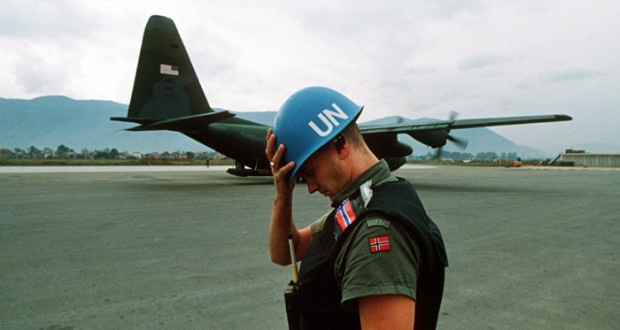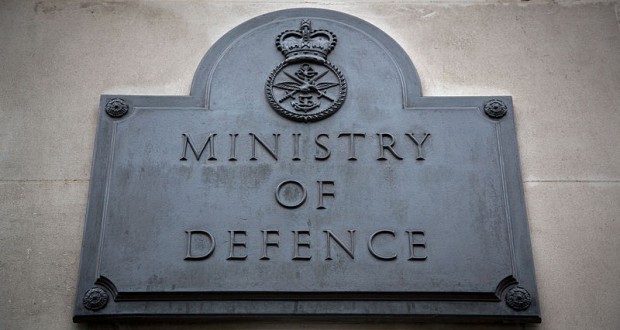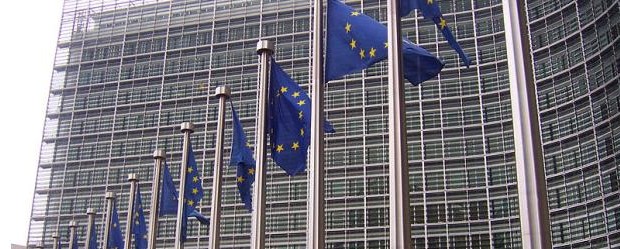Stina Hartikainen
October 28, 2014
Europe, Latest Articles, The Policy Unit
On 3 October 2013 a boat carrying over 500 migrants from Eritrea and Somalia sunk off the coast of the Italian island of Lampedusa, leading to the deaths of over 350 people; a few days later, a second incident occurred adding at least another 34 lives to the death toll. Following the tragedy of Lampedusa, the EU and its member states pledged that an end must come to migrant deaths in the Mediterranean, with the EU Parliament calling the incidents a turning point towards a new policy guided by ‘solidarity and responsibility’.[1] One year on, the pledge echoes hollow as new reports of incidents across the Mediterranean surface weekly.
Read More »
Matthew Lower
October 2, 2014
Europe, Latest Articles, Middle East and North Africa, The Policy Unit
The 2014 North Atlantic Treaty Organisation summit in Wales was billed as arguably the most important for the alliance following the Cold War. Against a backdrop of tension in Ukraine and unrelenting chaos in the Middle East, the stakes are both immediate and long-term.
Read More »
Ielizaveta Rekhtman
September 15, 2014
Europe, Latest Articles, The Policy Unit
On July 24th two parliamentary factions left the “European choice” coalition in the Ukrainian parliament.[1] This coalition was formed in February as a result of the Maidan protests. On August 25th, after a month of the coalition breakup, president Poroshenko exercised his constitutional right to dissolve parliament and call for elections, which are likely to be held on October 26th.
Read More »
Rowan Allport
August 11, 2014
Europe, Security and Defence
July saw the deployment of a pair of British Army reconnaissance platoons to Bosnia and Herzegovina (BiH) to provide additional support to the EU-led peacekeeping force in the run-up to the October 2014 general election. This latest move marks a continuation of British military involvement in the country that has (with a few gaps) so far lasted twenty-two years.
Read More »
Rowan Allport
August 10, 2014
Europe, Security and Defence
When the history of the current Coalition Government is written, probably their single gravest set of errors will be able to be summed up in four letters: SDSR. The October 2010 Strategic Defence and Security Review, thrown together in just five months, will go down in history as a textbook example of what happens when short-term financial and political considerations are allowed to undermine sound defence thinking.
Read More »
David Innerhuber
March 8, 2014
Europe, Security and Defence
Over the past five decades the Munich Security Conference (MSC) has become the most important independent forum for the exchange of views by international security policy decision-makers. Each year it brings together about 350 senior figures from more than 70 countries around the world to engage in an intensive debate on current and future security challenges.
Read More »
Eva Brockschmidt
October 5, 2013
Europe
Within the communities that perform it, the practice is usually very deep-rooted and driven by an interwoven set of factors including custom, religion, tradition, superstition and misguided beliefs about hygiene.
Read More »
David Innerhuber
September 29, 2013
Europe, Iraq and Syria, Security and Defence
The EU somehow managed to cover up its failure in Libya and Mali, but the disaster of its Syria policy cannot be squashed as easily. The time has come for the member states to ask themselves how far they want to go in terms of a common foreign and security policy.
Read More »
Philip Cane
September 12, 2013
Europe, Middle East and North Africa, Security and Defence
The RAF interception of Syrian Jets over Cyprus is a sign that Britain can still be sucked into Syrian intervention through regional spill over and unforeseen events.
Read More »
Rob Marchant
September 4, 2013
Europe, Middle East and North Africa, Security and Defence
Perhaps we should stake out the case for interventionism in very simple terms: an internationalist party does not stand by and permit the slaughter of children in gas attacks.
Read More »

 Human Security Centre Human Rights and International Security Research
Human Security Centre Human Rights and International Security Research






